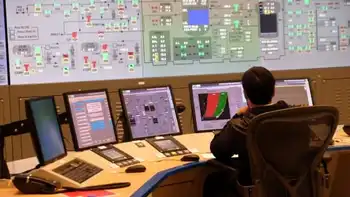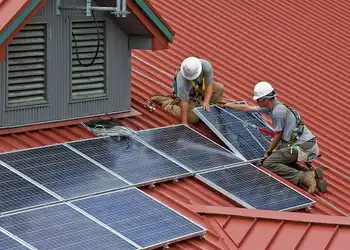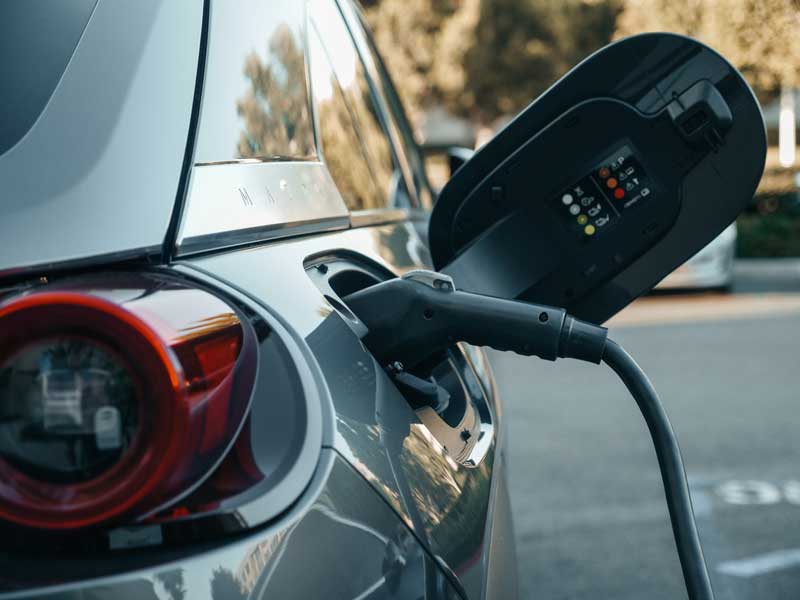Cape Wind offshore wind farm approved
By Reuters
CSA Z462 Arc Flash Training - Electrical Safety Essentials
Our customized live online or in‑person group training can be delivered to your staff at your location.

- Live Online
- 6 hours Instructor-led
- Group Training Available
U.S. Interior Secretary Ken Salazar gave the green light for the 130turbine, 420megawatt Cape Wind project in Horseshoe Shoal, Nantucket Sound, in what supporters considered a huge step forward for renewable energy in the United States.
This project fits with the tradition of sustainable development in the area, Salazar said in Boston.
Although small in terms of its production — the $1 billion facility would produce enough electricity to power about 400,000 houses — its approval raises hopes that other offshore wind projects will follow.
Several projects that could power hundreds of thousands of customers have already been proposed for the East Coast and the Great Lakes.
The turbines, more than 400 feet high, will dot an area of about 24 square miles, larger than Manhattan, and be visible low on the horizon from parts of Cape Cod.
German conglomerate Siemens AG will provide the turbines.
The decision to approve Cape Wind, subject to certain conditions designed to protect offshore waters from damage and reduce visibility, is expected to face legal challenges, but Salazar said he was confident the approval would stand.
Supporters have argued that wind farms represent a giant push for renewable energy efforts and reducing dependence on foreign oil, and fit well with the Obama administrations energy strategy.
Greenpeace has been campaigning to get the Cape Wind project built for nearly a decade, and todays victory is worth celebrating. It long overdue, said Kert Davies, research director at the environmental group.
Cape Wind was subject to years of environmental review and political maneuvering, including adamant opposition from the late Senator Edward M. Kennedy, whose sixacre 2.4 hectare family compound in Hyannis Port overlooks Nantucket Sound.
A final ruling was near in 2009, but delayed further after two Wampanoag Indian tribes complained that the giant turbines would disturb spiritual sun greetings and possibly ancestral artifacts and burial grounds on the seabed.
Opponents have deemed the project an eyesore, and raised issues ranging from a detrimental effect on property values in the popular vacation area south of Boston, to possible damage to birds, whales, fishing, aviation, and historic sites.
The Advisory Council on Historic Preservation, a federal agency in charge of safeguarding historic landmarks, recommended this month that the project be rejected.
The governors of six eastern U.S. states shot back in a letter to Salazar, arguing that other offshore projects will likely be abandoned if the Cape Wind project was rejected.
Salazar cited that letter as part of his decision. We believe there is huge potential for offshore wind along the Atlantic. We dont want to be second to anyone, he said.
U.S. wind generation increased by 27 percent last year, accounting for 2 percent of total electricity supplies, according to the Energy Department. Wind power supports about 85,000 American jobs.
Renewable energy projects like these not only help fight climate change, they can create jobs and play a central role in our economic recovery, said Frances Beinecke, president of the Natural Resources Defense Council.
Several countries have achieved much higher levels of wind power generation, often with large government subsidies, including Denmark, Spain and Portugal.











